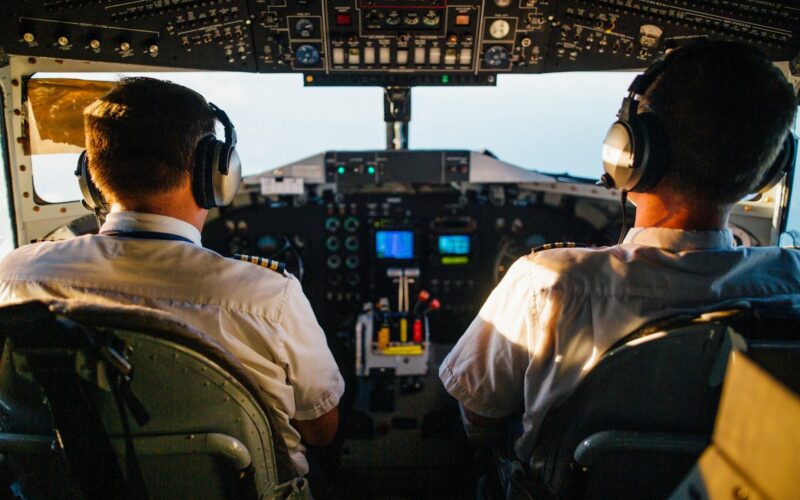A year ago, the aviation industry was struggling with a pilot shortage, while now furloughs, salary cuts and layoffs have become the daily news for even the biggest and seemingly strongest airlines. AIR Convention Digital Week HR panelists discussed what positions will be in need after COVID-19 and what can be done to prepare for it now.
Good time for young pilots to enter industry?
While the situation in aviation employment is currently grim, the future for pilots appears bright, two panelists have highlighted. “Certainly we do not have a supply problem for pilots at the moment. That would be a different story from 2022,” said Chris Smith, Senior Lecturer at University of Southern Queensland and Pilot Wellness Manager at Jetstar Airways.
Both Smith and Michael Ryan, Head of Training at BAA Training, believe that now is a good time for aspiring pilots to begin their training, as it would be finished in a couple of years’ time ‒ when aviation would be recovering.
However, for those already working in aviation, the next year or two might be challenging and requiring creative solutions. Struck by the crisis, airlines are looking to reduce costs. Since staff expenses are one of the most expensive costs, but easy to reduce, many companies are likely to focus their efforts on employment figures.
So what can aviators do now?
“Qantas have been running a secondary employment program offering all of our employees who have been stood down the opportunity to train complementary within a particular area. Those areas have been around IT, security, HR. Qantas was very quick to accommodate a lot of our employees into a redeployment program through [other] companies,” said Vicky Steel, International Customer Experience at Qantas Airways. “We hope they will come back,” added Steel.
Similarly, Raj Raghavan, Senior Vice President and Head of Human Resources at IndiGo, also highlighted the retraining capabilities of his company, adding that human resources of India’s biggest low-cost carrier are looking at “all kinds” of possible solutions and employment types such as part-time or gig workers.
“To me, this is the era of double qualification. This is the era of non-linear careers,” said Smith, adding that this had always been a concern for pilots, whose qualification could be “all or nothing”.
“I really recommend double qualification. This does not mean outside the industry, it could be internal,” said Smith. He recommends looking for new interests, for example, in safety management, industry relations, or psychology and lining them to the career.
“From a training perspective, now is the time for pilots to upscale,” said Ryan, adding that people had time on their hands, but not necessarily the finances. He recommended pilots who had time to diversify their skills to something else, outlining options like accident investigation, safety, human resources, other areas that are available to pilots and are part of the industry.
Watch the full panel discussion here:
AIR Convention Digital Week hosts 30+ global aviation executives discussing how aviation is reshaped by the COVID-19 virus effects and the paths to recovery. Watch the event on aerotime.aero, every day at 2 CET on June 15th – June 19th, 2020.

